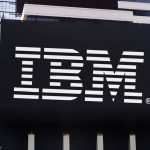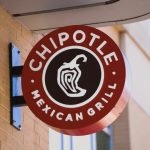The US Department of Justice announced on Monday that Goldman Sachs will pay $5 billion in a settlement regarding the mortgage-backed security crisis. As part of the settlement, Goldman Sachs Group Inc (GS) acknowledged that the company misled investors.
Goldman Sachs Group Inc (GS) is already under pressure ahead of earnings.
Dick Bove notes:
Goldman has made a number of interesting and possibly long-term beneficial changes in its operations but none have been transformational. The company still relies heavily on its two core businesses, and to a lesser degree asset management, to produce positive results.
Unfortunately, this has not been effective now for 9 years. In the peak year 2007, the company reported investment banking revenue of $7.6 billion; overall trading revenue of $29.7 billion; and total revenue of $46.0 billion. In 2015 these numbers were $7.0 billion, $21.6 billion, and $33.8 billion, respectively. The run rate for 2016 appears to be $7.5 billion; $19.5 billion and $32.0 billion, respectively.
One might and should argue that this performance is not the company’s fault. And, it is not. The industry it serves has simply succumbed to a dramatically different operating environment.
Recognizing this change, virtually all of Goldman’s peers have made meaningful adjustments in their business models. Goldman has not. It has remained true to its core strategy in the belief that the world will at some point return to the operating environment of the early 2000s.
I tend to think that the company is right, but it may not be. Plus, the lack of meaningful activity has not been of help to its shareholders. The average price of the stock was $204 per share in 2007 and it peaked at $250 per share. It is now $156 per share.
See the following visualizations which highlight relevant figures regarding Goldman Sachs.
The Goldman Sachs Group Inc. (GS) Historical Stock Price
The Goldman Sachs Group Inc. (GS) Stock Price – Current Day
Historical Assets of Largest Banks











